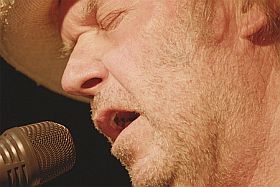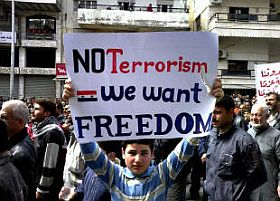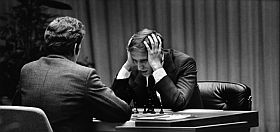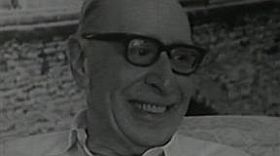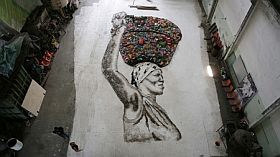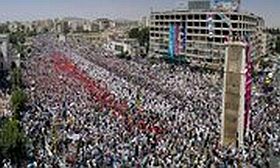


Ulla Boje Rasmussen: Thors Saga

Filmen om den markante islandske familie Thor og dens rejse i fire generationer gennem landets økonomiske op- og nedgange har været længe undervejs. I årevis har den omhyggelige dokumentarist Ulla Boje Rasmussen på rejse efter rejse samlet stof sideløbende med, at den seje producent Henrik Veileborg har finansieret, holdt et kompliceret klippearbejde i gang og reddet færdiggørelsen igennem verdenskrisen, som afgørende må have grebet ind i selve kernen i fortællingen, da hovedpersonen fortsat har været omtumlet og omstridt hovedperson derude i virkeligheden. Vi, som har haft lidt viden om denne produktionshistorie, venter mere end spændte på det endelige indhold, som fylder 90 minutter med en moderne islandsk saga, som Upfront Films på sin hjemmeside beskriver således:
“The family´s founder, Danish orphan Thor Jensen, was only 14 years of age when he was offered an apprenticeship in Iceland. The remote Danish colony was impoverished at this time, but Thor Jensen saw potential for growth. With innovative business ideas, he worked his way up from nothing to become an extremely wealthy and respected man. Thor Jensen was behind a number of pioneering projects that helped Iceland’s business community to florish. The Icelandic economy strengthened, an important step for Iceland’s liberation from Denmark to an independent republic in 1944.
The great-grandchild of Thor Jensen is businessman Björgólfur Thor Björgólfsson. Thor Björgólfsson found inspiration in his forefather’s initiatives and inherited his ability to see opportunities in uncultivated markets. With sensational ventures, Björgólfsson looked beyond Iceland’s borders and gained success. Brewery, pharmaceutical and telecommunication industries in the former Eastern Bloc countries had his interest. Björgólfsson then defied his own business strategy, turned focus toward Iceland, and invested in the Icelandic banking system. Here he made his greatest failure. The global financial crisis reached Iceland and threatened with state bankruptcy. Today, Björgólfsson is thought to be one of the key figures to send Iceland into economic pillory…”
Filmen har premiere på Det Kongelige Bibliotek, København 7. september 19:30.
